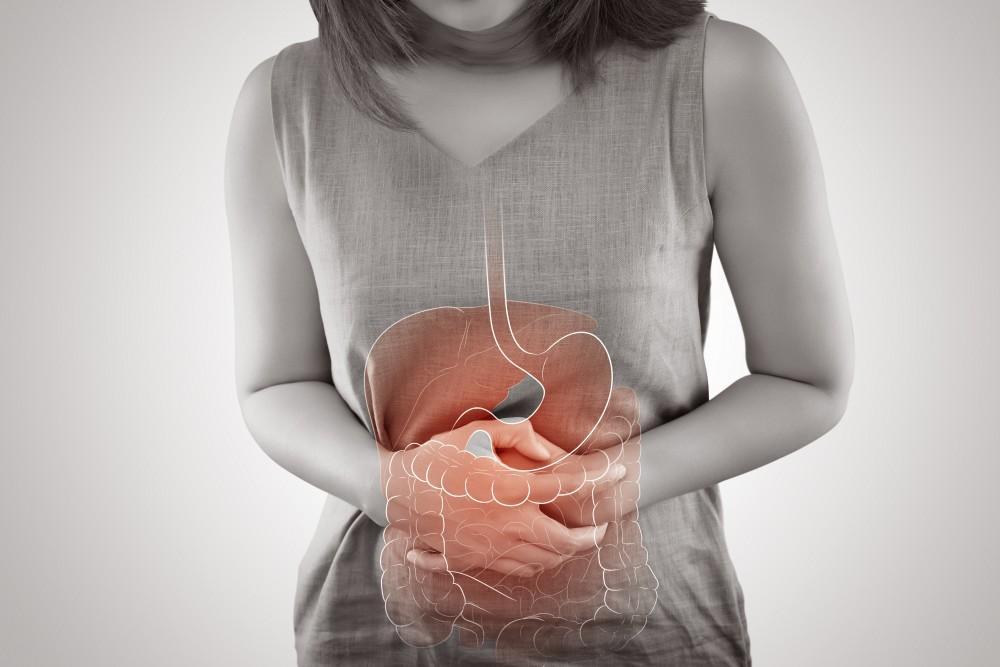
Irritable bowel syndrome (IBS) is a digestive condition that affects both your stomach and intestines and can lead to symptoms such as constipation, diarrhea, abdominal pain, excessive gas, bloating, and heartburn. Thankfully, IBS can be managed well through medication and diet changes.
However, there’s no one-size-fits-all diet for those living with IBS. Different foods trigger different symptoms, depending on the subtype of the condition you have. For example, those who have IBS with diarrhea (IBS-D) need to eat different foods than people who have IBS with constipation (IBS-C).
Because diet matters so much to those living with IBS, Ven Kottapalli, MD, CNSP, and our team at GI Physicians, Inc. in Lima, Ohio, want to walk you through what foods to choose and which to avoid to mitigate your risk of an IBS flare-up.
No matter what type of IBS you have, there are some good rules of thumb to follow to keep IBS symptoms at bay.
The first is to stick to a regular meal pattern that’s low in insoluble fiber, caffeine, alcohol, spicy foods, and fat since those are all recognized IBS triggers. In addition, make sure you get regular exercise and drink plenty of water to encourage good digestion.
If a regular eating pattern doesn’t relieve your symptoms, you can try either a gluten-free diet or a low-FODMAP diet.
A low-FODMAP diet is an elimination diet that attempts to remove foods that are typically harder for your intestines to digest such as legumes, stone fruits, lactose, artificial sweeteners, high-fructose corn syrup, and certain vegetables like artichokes, Brussels sprouts, and asparagus.
Before you start severely restricting your diet, however, we recommend sitting down with Dr. Kottapalli to discuss what will work best for you.
Some foods commonly exacerbate IBS with diarrhea symptoms, such as:
Instead, here are some foods to choose that should lower your risk of severe IBS-D symptoms and calm IBS-D flare-ups:
In addition, drink plenty of water an hour before and after your meals rather than during to avoid diarrhea.
If you have IBS with constipation, here are some foods to avoid:
To limit bouts of constipation, include these items in your diet:
No matter what foods you decide to eat to help with your IBS-C, the most important thing you can do is boost your overall fiber intake.
If you’re still having trouble adapting your diet to avoid IBS flare-ups, don’t wait to set up a consultation with our team at GI Physicians, Inc. so we can help you come up with a more effective treatment plan. Schedule an appointment by giving us a call or booking online today.